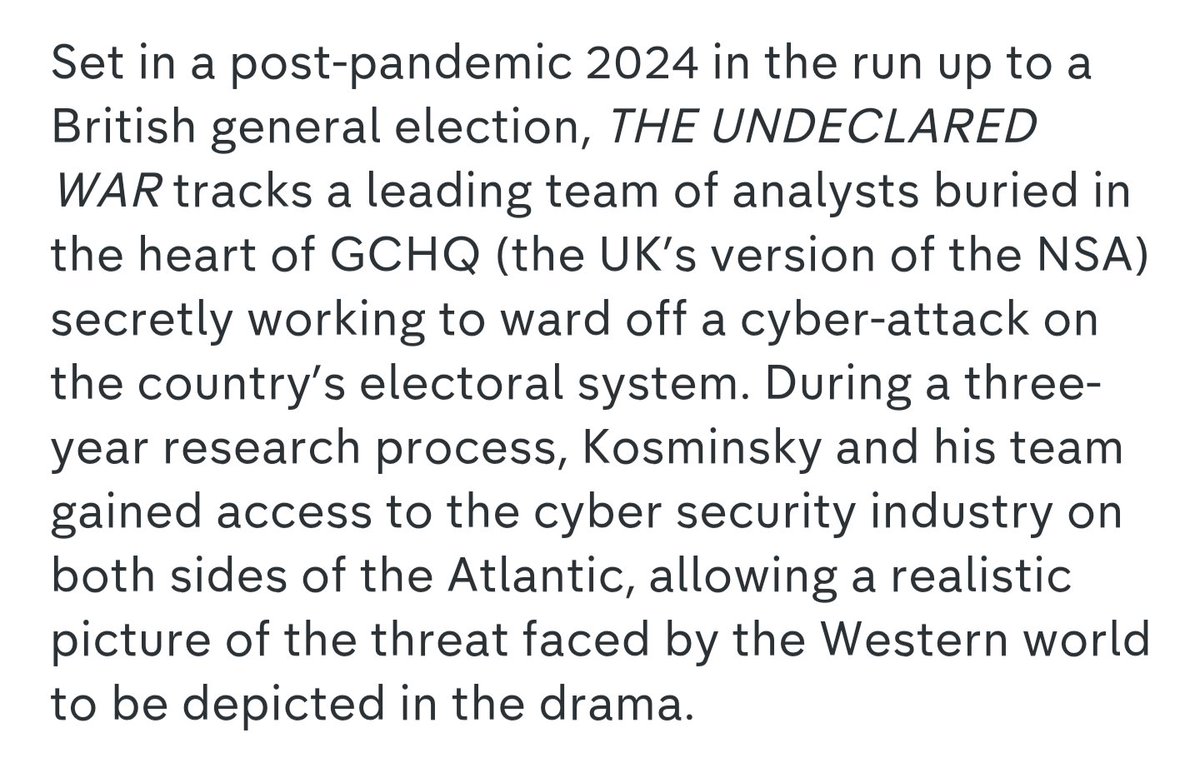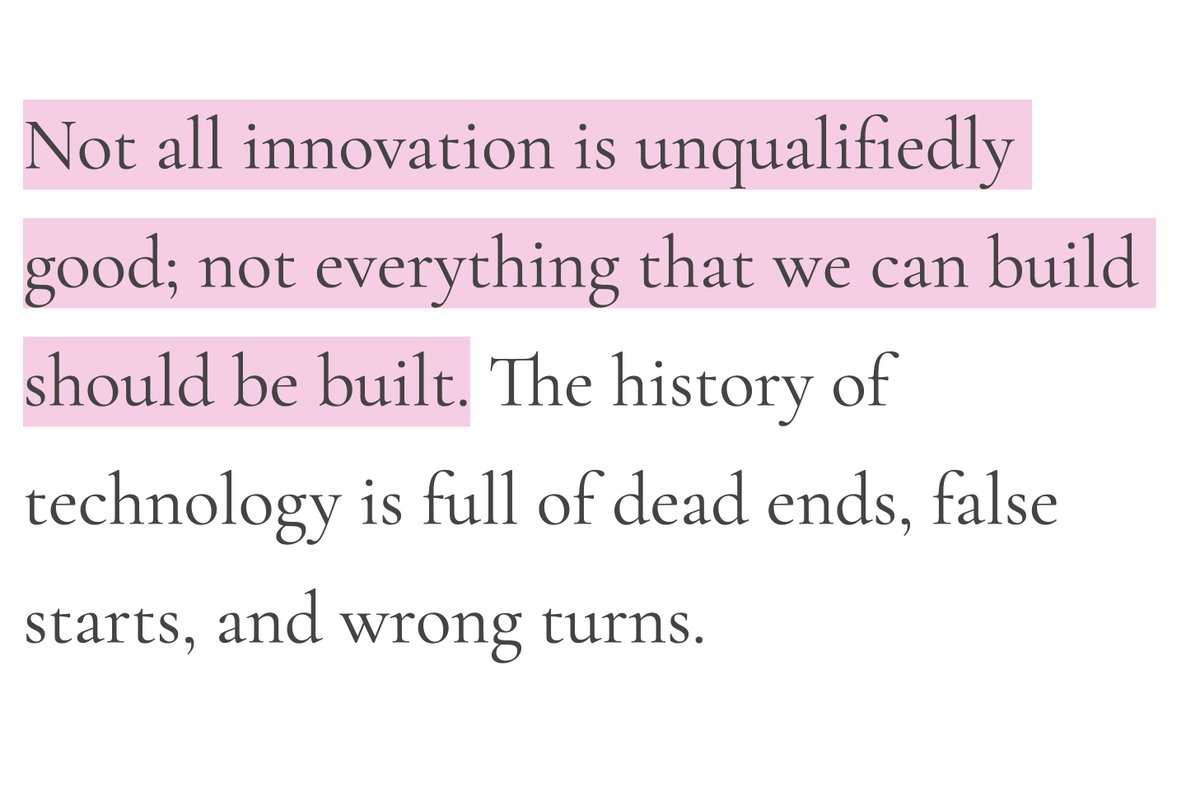1/ Oh this is glorious: *NOW* Frances Haugen says that she supports end-to-end encryption… buuuuut:
https://twitter.com/FBoversight/status/1452665729816334340
2/ …but: now she wants to enforce a
"1 Human Being" = "1 Instagram Account"
...real-name, real-identity policy, in order to "protect the children" by stopping them doing and seeing bad things.
"1 Human Being" = "1 Instagram Account"
...real-name, real-identity policy, in order to "protect the children" by stopping them doing and seeing bad things.
https://twitter.com/FBoversight/status/1452668903499485194
3/ …and that if you cannot prevent something, you are therefore encouraging it:
Frances Haugen apparently wants to kill online anonymity, and require us all to have fixed and singular online identities.
https://twitter.com/FBoversight/status/1452668903499485194
Frances Haugen apparently wants to kill online anonymity, and require us all to have fixed and singular online identities.
4/ Also: I call bullshit on this.
@FrancesHaugen is apparently now presenting herself as being a guardian of REAL AND GENUINE END-TO-END ENCRYPTION.
I think I am better qualified than her to speak about that. Like, literally, it was *my* job.
@FrancesHaugen is apparently now presenting herself as being a guardian of REAL AND GENUINE END-TO-END ENCRYPTION.
I think I am better qualified than her to speak about that. Like, literally, it was *my* job.

5/ Okay, I have found the source for this marvellous quote, it's a TechCrunch article by @riptari, and it gets better.
Buckle up.
techcrunch.com/2021/10/25/fac…
Buckle up.
techcrunch.com/2021/10/25/fac…
6/ @FrancesHaugen says that "regulatory oversight" is required because that's the only way for us to be certain that Facebook is implementing "real* end-to-end encryption.
Perhaps I should have given @Riana_Crypto a trigger-warning or something before typing that.
Perhaps I should have given @Riana_Crypto a trigger-warning or something before typing that.

7/ I've already submitted this glorious piece of text to @internetarchive in case it, like the @Telegraph piece, changes in future.
web.archive.org/web/2021102520…
web.archive.org/web/2021102520…
8/ Props to @riptari for calling me "self-styling", that's clearly why my hair's such a mess, not that much remains of it…
9/ but being as I am one of those people attempting to help formalise a definition of end-to-end secure messaging, I'm confident that I can also say Ms Haugen is jumping the gun to think that "regulation" will help define it.
Let alone undermine it.
Let alone undermine it.
10/ Part of what's really problematic here (apart from her "government regulation should confirm that Facebook is using 'real' end-to-end encryption" stuff) is that @FrancesHaugen is basically saying
"It's not *real* e2e encryption unless it's standalone."
Which is not good…
"It's not *real* e2e encryption unless it's standalone."
Which is not good…

11/ "Security should not be a bolt-on" - I have been saying stuff like that since ~1992, but there's no denying that E2EE is an "enabling technology" and it can and should be sprinkled like fairy dust to improve architectures wherever it adds value.
12/ Note that I said "adds value" - like a seatbelt makes you safer - rather than "is the entire value proposition".
Sure, there are projects like @BriarApp which are doing amazing experimentation in the space of E2E Secure Forums.
Sure, there are projects like @BriarApp which are doing amazing experimentation in the space of E2E Secure Forums.
13/ But Facebook, Twitter, Reddit, etc, exist, and can certainly benefit from more and diverse applications of end-to-end encryption technology in order to add security and privacy to user content and interaction.
@FrancesHaugen is apparently now trying to gatekeep that.
@FrancesHaugen is apparently now trying to gatekeep that.
• • •
Missing some Tweet in this thread? You can try to
force a refresh








